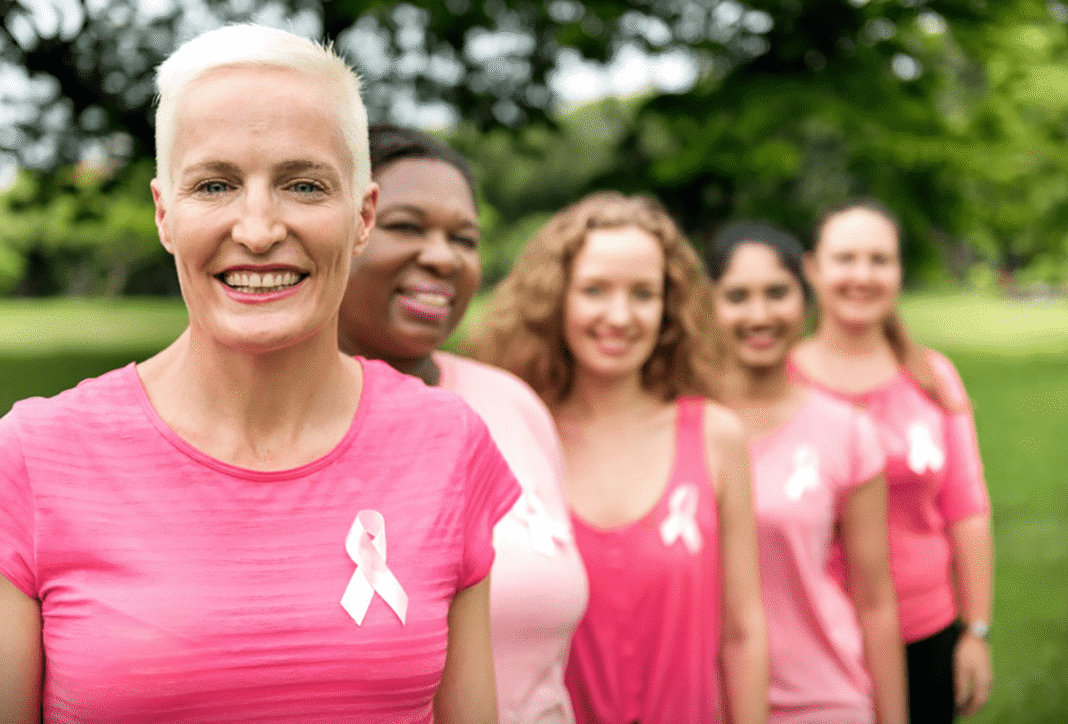Breast cancer is a journey that affects both the body and the mind. From treatments to surgeries, the changes you experience can feel overwhelming. Understanding what to expect and knowing how to manage it, can make this journey a little easier.
How the Body Changes During Breast Cancer Treatment
Breast cancer treatments are powerful and lifesaving, but they often come with a range of physical and mental side effects. Here’s what you might experience:
Menstrual and Hormonal Changes
Hormone therapies and chemotherapy can disrupt your menstrual cycle. You may notice:
- Night sweats and hot flashes
- Joint pain and fatigue
- Vaginal dryness and reduced libido
- Fertility challenges
For some, periods may resume after treatment. In others, treatment can trigger early menopause. Learn more about managing menopause and breast cancer.
Hair Loss
Hair thinning or loss is a common side effect of chemotherapy. It usually begins a few weeks into treatment and often grows back within 3 to 6 months after treatment ends. Some people, however, may experience partial regrowth.
Cold capping, or scalp cooling, has been shown to reduce hair loss during chemotherapy. Learn more about cold capping studies.
Swelling (Lymphedema)
Lymphedema occurs when fluid builds up in the body, often after axillary surgery or radiation. Symptoms may include swelling in the arm, hand, or breast.
Your care team may refer you to a lymphedema specialist who can guide you through:
- Targeted exercises
- Compression sleeves
- Preventive strategies
Skin Changes
Radiation can irritate the skin, sometimes causing redness, lesions, or, rarely, ulceration. It may also contribute to fatigue, nerve irritation, and cardiac effects. Using recommended creams and moisturizing regularly can help protect your skin.
Weight Changes
Steroids used in chemotherapy and hormone therapy can contribute to weight gain. Specifically, visceral fat accumulation may increase risks associated with insulin resistance and inflammation, which can influence cancer progression.
Maintaining a balanced diet and regular exercise is essential. Here’s a guide to nutrition during breast cancer that can help.
Mental Health Impacts
Depression and anxiety are common in breast cancer patients. According to a 2020 meta-analysis including over 282,000 individuals, many experience significant emotional challenges during treatment.
Supportive strategies include:
- Therapy with a licensed professional
- Meditation and journaling
- Engaging in hobbies and outdoor activities
- Leaning on friends and family
For more mental health resources, visit Breastcancer.org Support.
Physical Changes After Specific Procedures
Surgical interventions often lead to lasting physical changes.
Lumpectomy
A lumpectomy, or breast-conserving surgery, removes only the tumor and a small margin of tissue. Side effects can include:
- Scarring
- Minor breast asymmetry
Mastectomy
A mastectomy removes the entire breast and may be performed as:
- Skin-sparing mastectomy: preserves the skin for reconstruction
- Nipple-sparing mastectomy: keeps the nipple intact
- Double mastectomy: both breasts removed, often for high-risk patients
Lymph Node Removal
Sentinel lymph node biopsy or axillary lymph node dissection can reduce mobility and cause chronic pain. Physical therapy and targeted treatments can help restore function and reduce discomfort. Learn more about post-surgical recovery.
Managing Pain and Other Side Effects
Chronic pain affects 20–30% of breast surgery patients. Pain management strategies include:
- Nerve blocks
- Prescription pain medications
- Physical therapy
Other supportive measures:
- Diuretics for swelling
- Topical creams for skin irritation
- Breast reconstruction or prosthetics post-mastectomy
- Cold capping to reduce hair loss
- Mental health support for anxiety, depression, and adjustment
Key Takeaways
Living with breast cancer involves navigating a variety of physical and emotional changes. Hair loss, swelling, scarring, and mental health challenges are all common but manageable with proper care and support.
- Seek professional guidance for pain, lymphedema, or emotional struggles
- Practice self-care daily and build a support network
- Remember that most physical side effects are temporary
Be kind to yourself. Your resilience and courage are part of the healing process.
